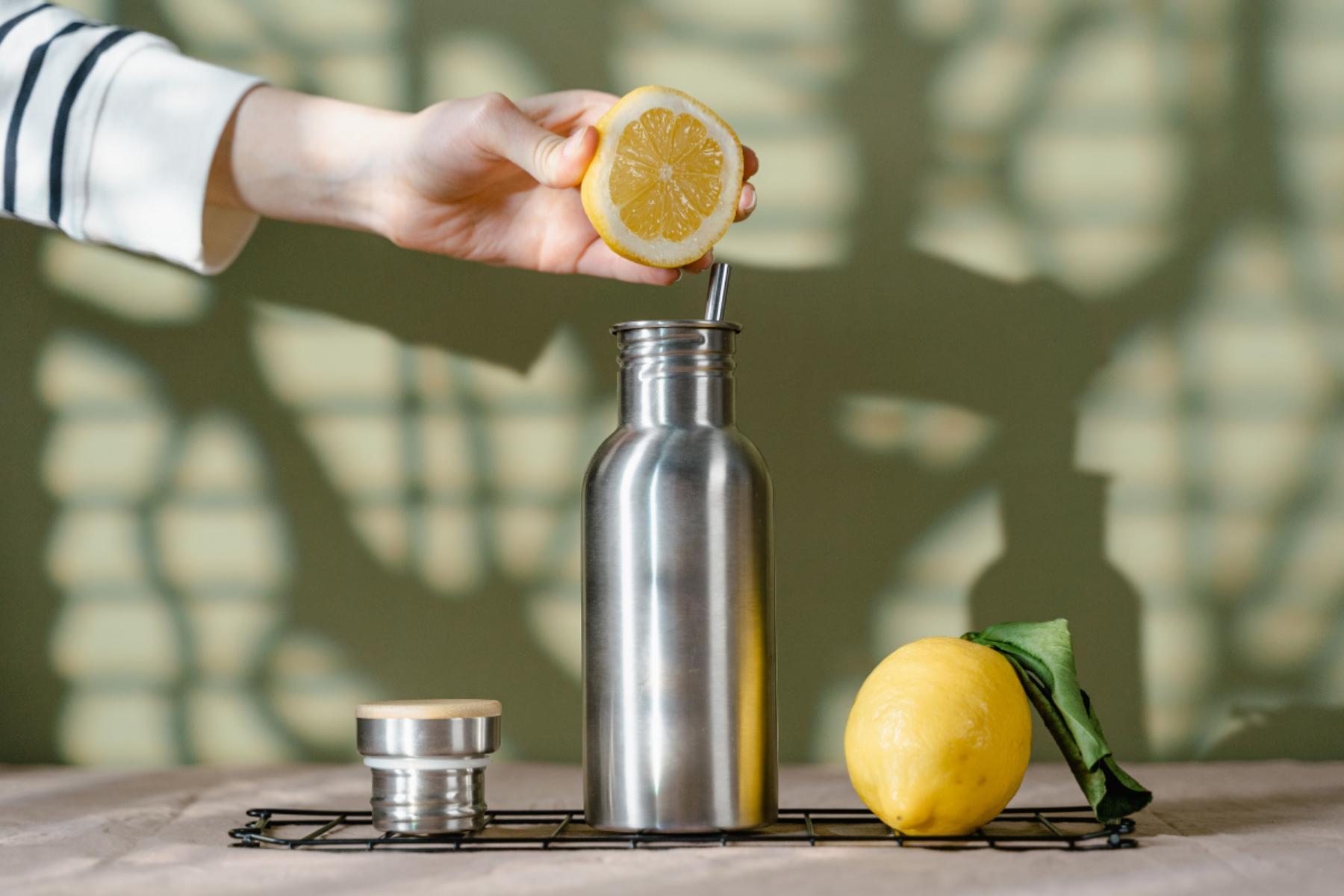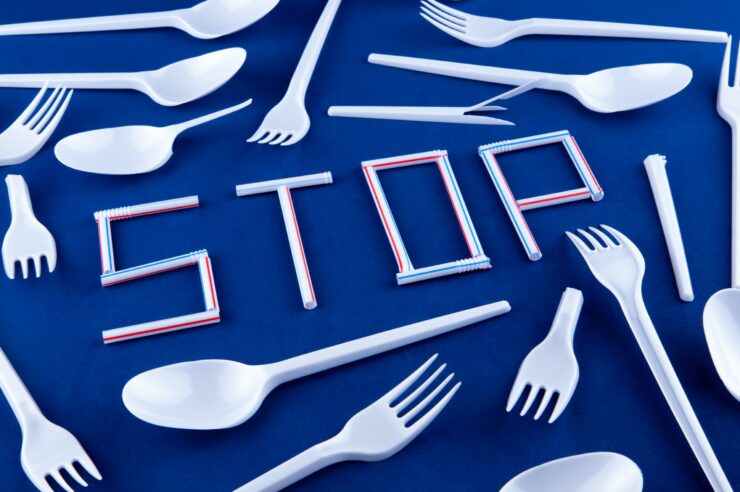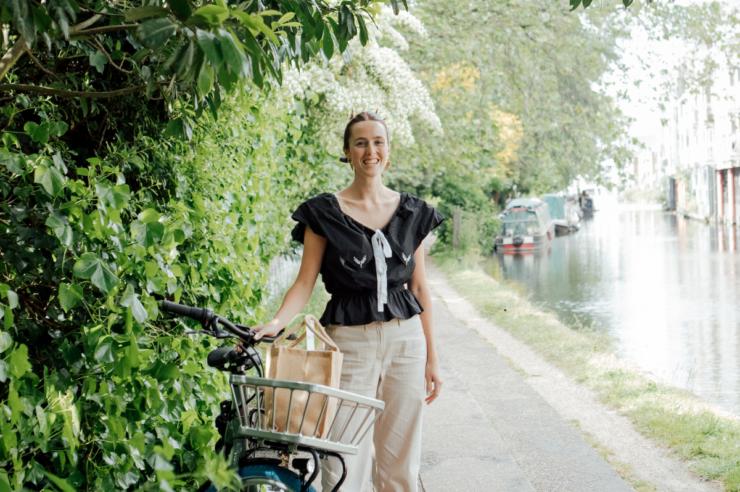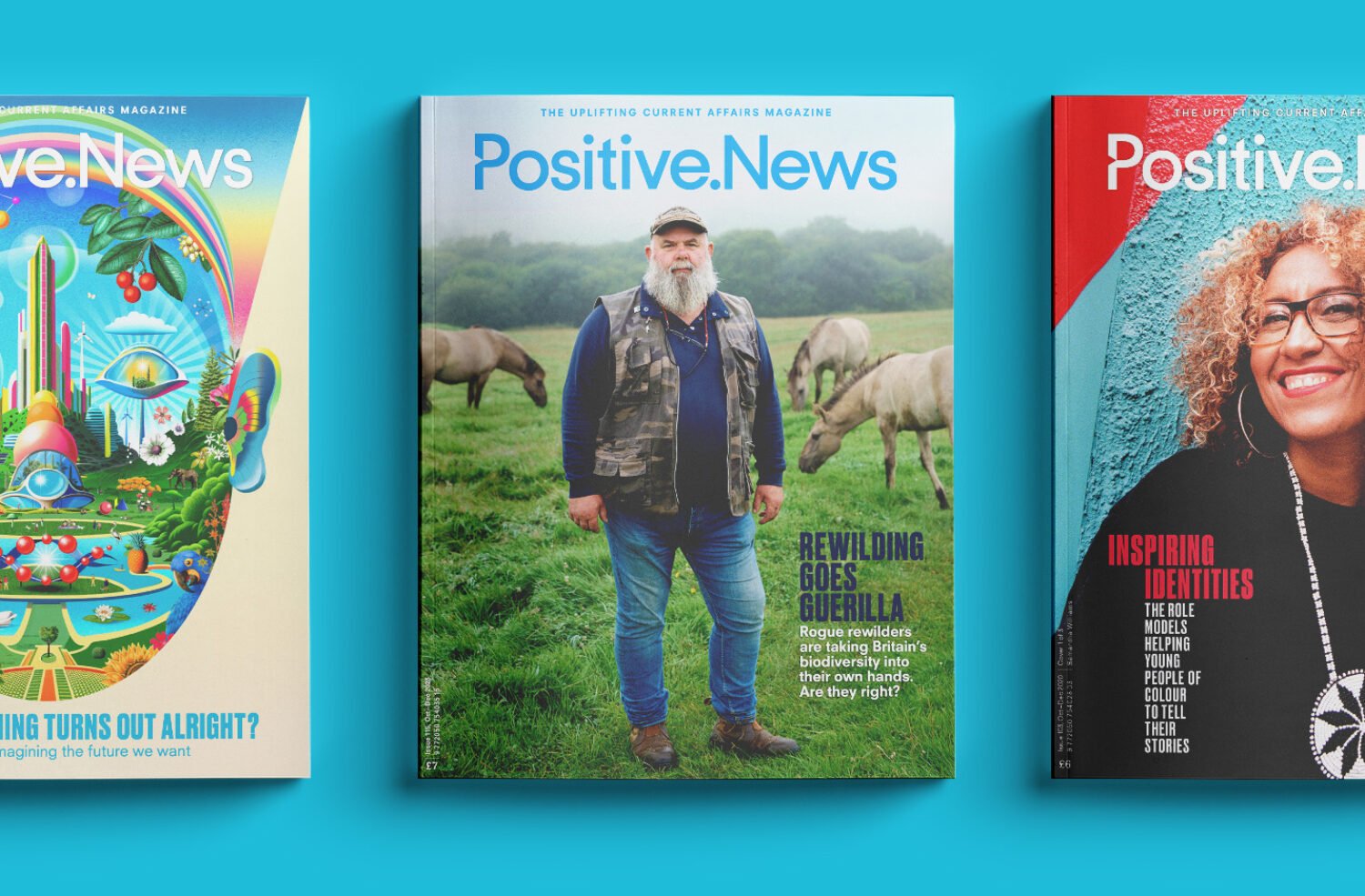There remains a long way to go, but habits around plastic use have changed markedly in recent years
Our convenience culture comes with some inconvenient truths or – in the case of plastics – almost 100bn of them. That’s the number of bits of plastic packaging that are binned each year in the UK alone, with just 12 per cent making it to being recycled.
From this month, businesses in England must no longer supply, sell or offer certain single-use plastic items, from bowls to balloon sticks.
But already, much has changed for the better. Some say that vast reductions in use of plastic bottles and bags are on a par with cultural shifts of yesteryear around drink driving and seatbelt wearing.
Whether you credit David Attenborough, government efforts or just plain common sense, here are three ways the UK has started to break up with plastics – and what the next positive steps could be.
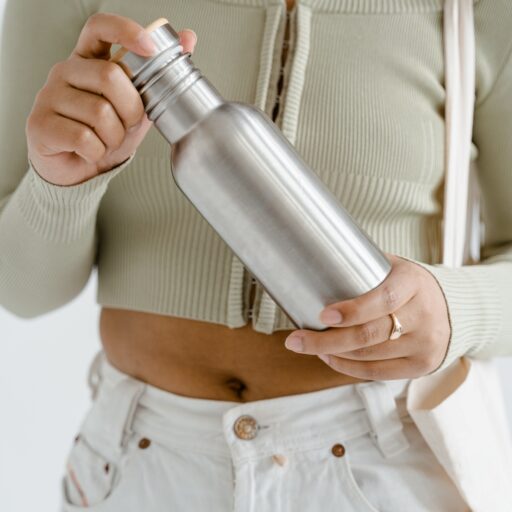
There’s still some way to go to break the UK’s 10m-a-day disposable bottle habit, but we’re using refillables more than ever before. Some 60 per cent of Brits now carry a reusable bottle, compared to just 20 per cent eight years ago, and for some they’ve become a fashion accessory.
Gone is the awkwardness over asking for a top-up. In fact, like many things, there’s even an app for that. Refill maps 330,000 venues that offer free water refills, as well as places where you can take your own lunchbox for food to go. It also highlights coffee shops that give discounts to customers who bring reusable cups.
Image: Tima Miroshnichenko
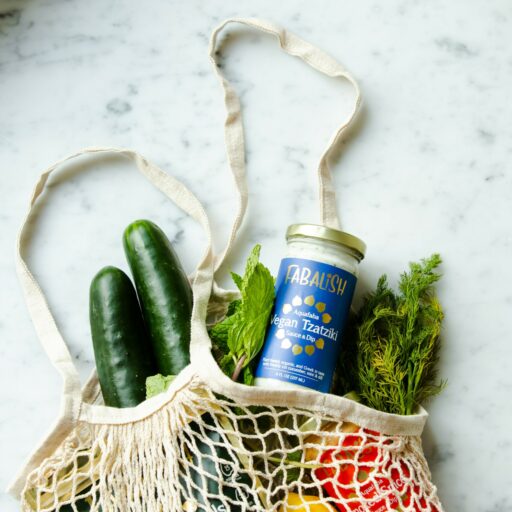
A ‘plastic tax’ at checkouts and greater public awareness have slashed the number of single use bags being dished out by our main retailers. Back in 2014, shoppers at seven leading grocery stores in England used 7.6bn single use bags. The latest government statistics now put the annual figure at 133m, down a third from the year before. The initiative, which is also in place in Ireland, Scotland and Wales, not only spares our streets from unsightly litter but also stops plastic bags heading to landfill.
Now we just need to work on making the huge wave of cotton tote bags that swelled in to replace the plastic work as hard as possible. They might look nicer and help us to feel less guilty, but the environmental impact of producing them is by no means insignificant either.
Image: No Revisions

We’re making progress on bags and bottles, but now it’s the little things that count. The government banned microbeads in rinse-off cosmetics and personal care products back in 2018 and is reportedly now mooting an across-the-board microplastics ban, which would bring the UK in line with new measures introduced in the EU just days ago. It’s a measure that would be backed by the majority of the UK public, according to one poll by drainage company Lanes. They found 60 per cent would support an outright ban and 89 per cent want washing machine manufacturers to fit microfibre filters as standard.
What’s next?
Nature-inspired technological innovations could help deal with some of the mess we’ve made, and stop us making even more. Plastic-eating bacteria could be one ally. These genetically tweaked mutant enzymes split the material into its molecular buildings blocks, which can be used again and again to make new plastics or in other applications. Meanwhile Hamburg-based company Traceless has cooked up a bioplastic made from farm and brewing waste, which degrades in as little as a fortnight.
For now, all eyes are on the Global Plastics Treaty. Last year, 175 nations signed up to a UN resolution to reduce plastic pollution by 80 per cent by 2040. Now they just have to decide how to do it. They’ve given themselves until the end of 2024 to figure it out. A draft treaty is due in November.
Main image: Tima Miroshnichenko
You’re the solution that Positive News needs
Our small, dedicated team is passionate about building a better alternative to the negative news media. And there’s never been a greater urgency to our mission.
But to invest in producing all the solutions journalism that the world is longing for, we need funding. And because we work in your interests – not those of a wealthy media mogul or corporate owner – we’re asking readers like you to get behind our team, by making a regular contribution as a Positive News supporter.
Give once from just £1, or join 1,200+ others who contribute an average of £3 or more per month.
Join our community today, and together, we’ll change the news for good.
